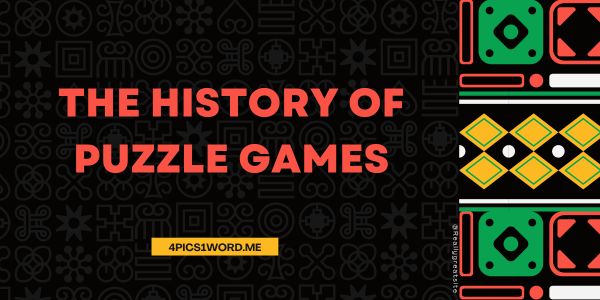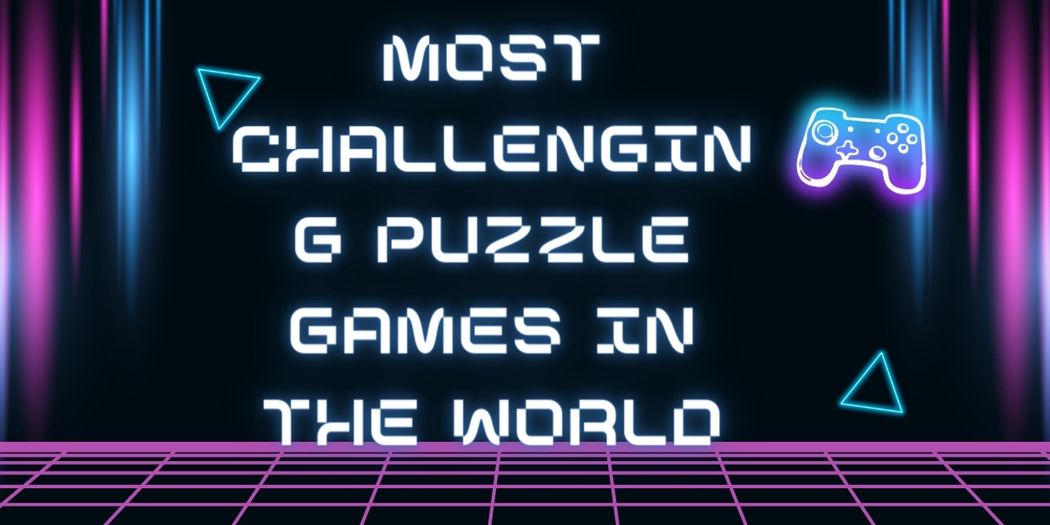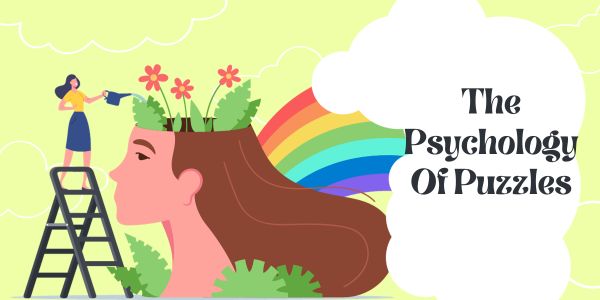
The History Of Puzzle Games: From Ancient Times To The Present Day
Puzzle games have been a source of entertainment and mental stimulation for centuries. From ancient civilizations to today, these mind-bending challenges have captivated people across different cultures and periods. The history of puzzle games is rich and diverse, with each era contributing its unique twist to this timeless form of amusement.
In this blog post, we will journey through time as we explore the origins of puzzle games in ancient times and trace their evolution to modern-day digital puzzles that dominate our screens. We will delve into some famous examples from various historical periods while highlighting how these brain teasers continue to engage and challenge us today.

Ancient Puzzles: A Test of Wit
The roots of puzzle games can be traced back thousands of years when early civilizations devised ingenious ways to test one’s intellect. Ancient Egyptians were known for their love for riddles, often used to entertain guests at banquets or gatherings. One example is the “Riddle Stela,” an artifact dating back over 3,500 years with hieroglyphic enigmas challenging readers’ problem-solving skills.
Another well-known ancient puzzle game comes from China – tangrams. These seven geometric shapes formed by cutting up a square are believed to have originated during the Song Dynasty (960-1279 AD). Tangrams required players to arrange pieces into specific patterns or figures—a task requiring spatial reasoning abilities.
Medieval Mind Games: Chess & Crosswords
During medieval times in Europe, chess emerged as one of the most popular strategy-based board games ever invented—combining elements like planning, critical thinking skills, and tactical decision-making within its gameplay mechanics.
Chess, believed to have originated in India around the 6th century AD, quickly spread throughout Europe and became a favorite pastime of nobility and intellectuals. The game’s complexity and depth made it an ideal mental challenge for those seeking intellectual stimulation.
Moving forward to the early 20th century, we encounter another significant milestone in puzzle games—the invention of crosswords. Arthur Wynne is credited with creating the first crossword puzzle as we know it today, published in the New York World newspaper on December 21, 1913. Crossword puzzles gained immense popularity due to their ability to combine wordplay and problem-solving skills.
The Rise of Mechanical Puzzles
As technology advanced during the late 19th and early 20th centuries, mechanical puzzles began making their mark. These physical contraptions required players to manipulate objects or solve intricate mechanisms through trial-and-error methods.
One notable example is Rubik’s Cube—a three-dimensional combination puzzle invented by Hungarian architect Ernő Rubik in 1974. This iconic Cube consists of smaller cubes that can be rotated independently but must ultimately be aligned into specific patterns on each side.
Rubik’s Cube took off globally when it was licensed by Ideal Toy Corp., becoming one of the best-selling toys ever created—sparking worldwide competitions dedicated solely to solving this mind-boggling enigma as quickly as possible.
Digital Puzzle Revolution
With advancements in computer technology came a new era for puzzle games—the digital age. Video games introduced interactive challenges that pushed players’ cognitive abilities while providing immersive experiences like never before.
Mobile gaming has taken center stage in recent years with countless apps offering various types of puzzles—from match-three games like Candy Crush Saga to brain-training exercises such as Sudoku or logic-based grid puzzlers like Flow Free.
These digital platforms provide entertainment and educational purposes by enhancing memory retention skills or improving logical reasoning capabilities. This aspect sets them apart from traditional puzzle games.
Conclusion:
The history of puzzle games is a testament to humanity’s innate desire for mental stimulation and problem-solving challenges. These mind-bending activities have evolved alongside human civilization, from ancient riddles and tangrams to modern-day digital puzzles.
Whether it be the strategic battles on a chessboard or unraveling cryptic clues in crosswords, puzzle games continue to captivate people across generations. They provide an escape into worlds where logic reigns supreme, fostering creativity, critical thinking skills, and perseverance—all while offering endless hours of entertainment.
As we move forward into the future with ever-advancing technology, one thing remains certain: our fascination with puzzles will endure. So next time you find yourself immersed in a challenging brain teaser or engrossed in solving the Rubik’s Cube—remember that you are partaking in an activity deeply rooted in history—a timeless pursuit of intellectual engagement through play.







